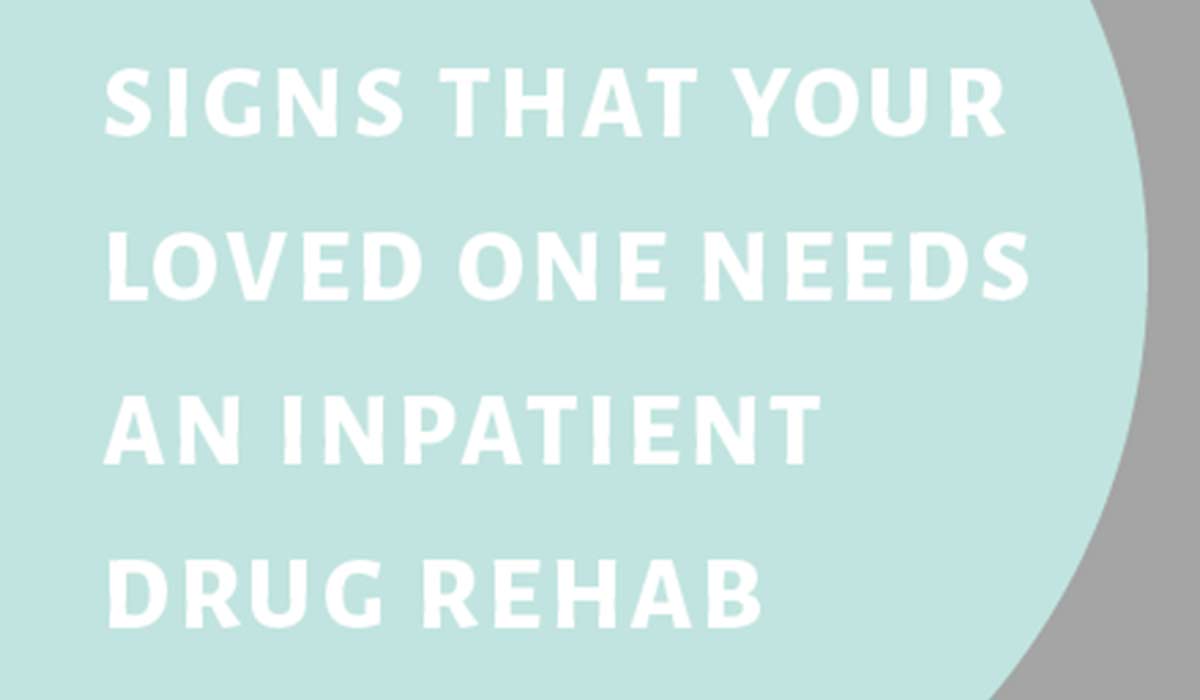Why Aftercare In Drug Rehab Is Important For Long-Term Recovery. Learn Just How Support Group Can Help You Remain Sober And Build A Fulfilling Life
Why Aftercare In Drug Rehab Is Important For Long-Term Recovery. Learn Just How Support Group Can Help You Remain Sober And Build A Fulfilling Life
Blog Article
Short Article By-Ennis Larson
You can not do it alone. Get More from drug dependency needs a solid support group.
The importance of aftercare in drug rehab can not be overstated. In this short article, we will certainly check out the function of counseling, the advantages of treatment, and the structure offered by peer support groups in maintaining sobriety.
So, get hold of a cup of coffee, relax, and allow us lead you with the essential steps of post-rehabilitation support.
The Role of Counseling in Aftercare
If you intend to maintain your soberness after leaving rehab, it's important that you continue joining therapy sessions as part of your aftercare strategy.
Therapy plays a vital duty in your healing journey by offering ongoing support, advice, and a safe space to reveal your sensations and problems.
With counseling, you can attend to any underlying issues that may have added to your dependency, develop dealing strategies, and discover much healthier methods to handle stress and anxiety and yearnings.
It permits you to resolve any unsolved feelings and develop a much better understanding of yourself and your triggers.
The Benefits of Therapy in Preserving Soberness
To maintain your sobriety, therapy can offer numerous benefits.
- Treatment provides a safe space for you to discover and address the underlying concerns that may have contributed to your addiction.
- It permits you to resolve your emotions and develop healthier methods of dealing with tension and triggers.
- Through therapy, you can acquire a far better understanding of on your own and your patterns of habits, which can aid you make positive changes in your life.
- Additionally, treatment supplies you with a support system of professionals that are educated to direct and aid you on your journey to healing.
- They can provide important understandings, tools, and methods to assist you browse the obstacles that might emerge.
- In therapy, you can learn to establish healthy coping abilities, construct resilience, and improve your overall health.
Peer Support System: A Foundation for Lasting Healing
You can find long lasting healing by actively participating in peer support system and getting in touch with others that share comparable experiences and objectives.
Peer support groups provide a safe and non-judgmental area where people in healing can come together to share their struggles, successes, and insights. By proactively participating in these teams, you can receive the assistance and motivation you need to remain on the course of recovery.
Getting in https://www.scientificamerican.com/article/fighting-back-against-the-stigma-of-addiction/ with others that have actually experienced similar experiences can be incredibly equipping, as it helps you recognize that you aren't alone in your trip. It additionally allows you to pick up from others that have actually successfully gotten over similar challenges. Together, you can commemorate landmarks, hold each other responsible, and offer advice and recommendations.
Via these connections, you can construct a solid support system that will assist you navigate the ups and downs of recovery and eventually discover long lasting healing and improvement.
Verdict
You've learned about the essential role of aftercare in drug rehabilitation. Counseling, treatment, and peer support groups add to lasting recuperation. Here's an incredible statistic to realize the size of the problem: researches show that people that receive aftercare therapy are 50% more likely to preserve soberness contrasted to those that do not.
So, visualize the transformative power of these support systems in helping individuals recover their lives and develop a brighter, drug-free future.
